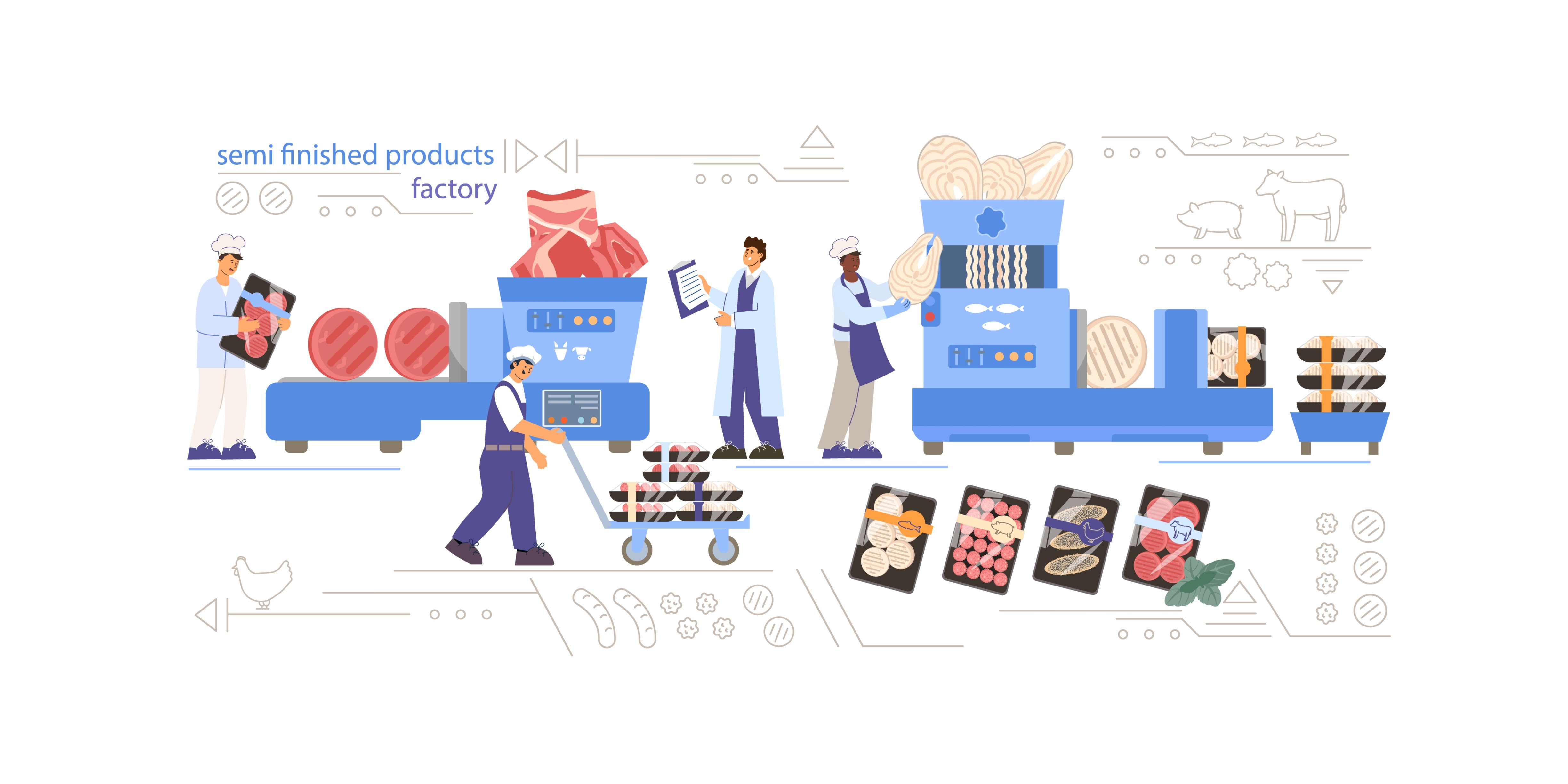705

The Short Supply Chain, a concept strongly promoted by the European Union, has become a strategic objective for Romania, but its concrete application in the meat industry remains partial. Regulation (EU) No. 1305/2013 on rural development defines the short supply chain as the direct relationship between producer and consumer, with no more than one intermediary. In practice, Romania is still far from this model.
According to Eurostat data, only 17% of Romanian producers in the meat sector engage in direct sales or cooperatives, compared to the European average of 38%. Instead, long and costly distribution chains continue to dominate the market. This imbalance reduces farmers’ profit margins and limits consumers’ access to authentic local products. The FAO emphasizes that short supply chains reduce the carbon footprint and strengthen food resilience, especially during times of economic or geopolitical crisis. In Romania, the Ministry of Agriculture has included the short supply chain concept in the National Strategic Plan 2023–2027, offering support for cooperatives, local slaughterhouses, and direct sales outlets. *“We want farmers to have a shorter path to the consumer.
The short supply chain is not just a European policy, it is a real opportunity for the Romanian countryside and for local products,”* stated Minister Florin Barbu at a recent conference in Sibiu. The National Sanitary Veterinary and Food Safety Authority (ANSVSA) confirms that the development of this model requires small slaughterhouses and mobile processing units adapted to European standards, so that small farmers can sell legally and transparently. However, poor infrastructure, lack of cooperation, and bureaucratic barriers slow the expansion of these initiatives. Eurostat estimates that countries which have invested in short supply chains—such as France and the Netherlands—have recorded a 25% increase in farmers’ incomes and a 30% reduction in logistical losses.
In Romania, this potential remains immense but insufficiently tapped. In the medium term, the solution could come from the digitalization of the local market, through online platforms connecting producers directly with restaurants, retailers, and final consumers. European support programs for digitalization and rural logistics can turn the short supply chain from theory into reality. The short supply chain does not only mean bringing farmers closer to customers, but also building a sustainable, transparent, and competitive food economy.
For Romania, its coherent implementation could redefine the relationship between production, distribution, and consumer trust in local products.
(Photo: Freepik)





